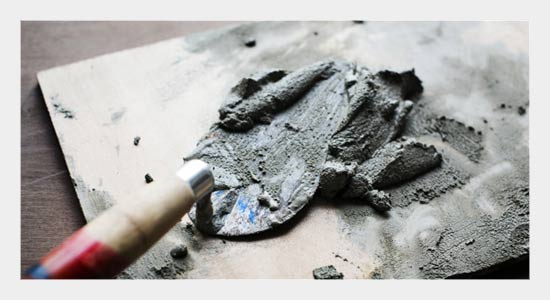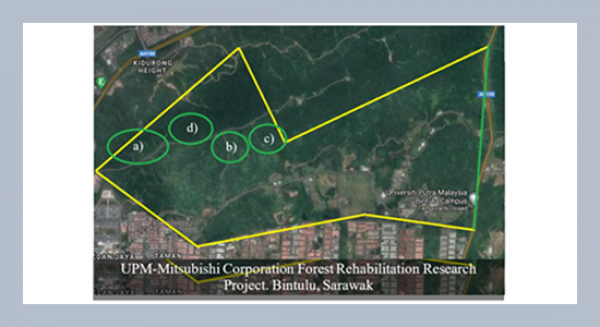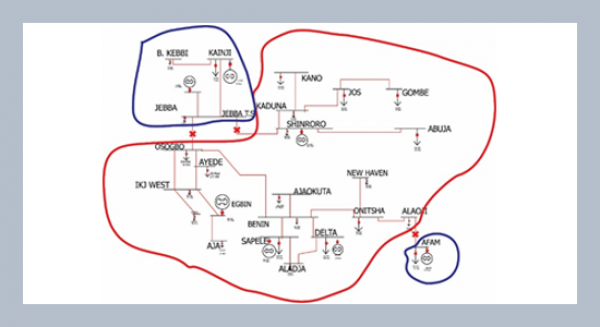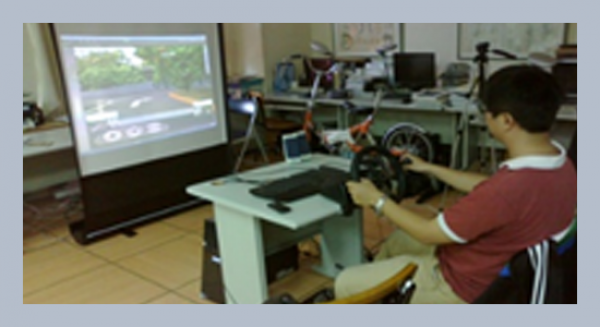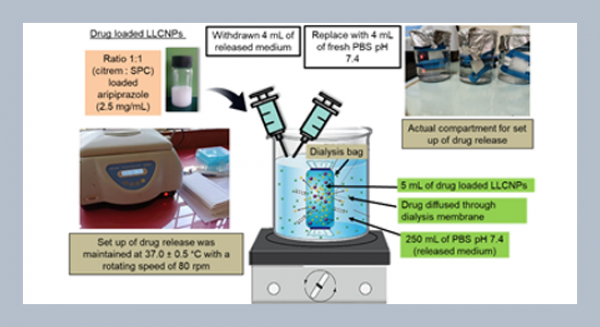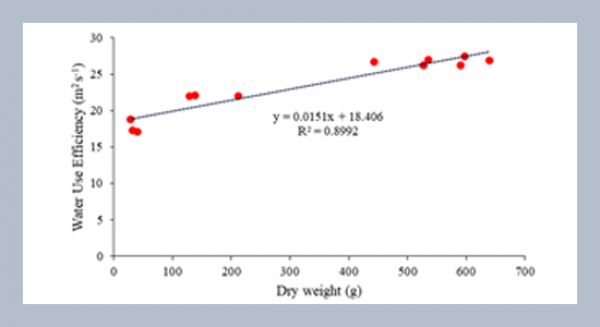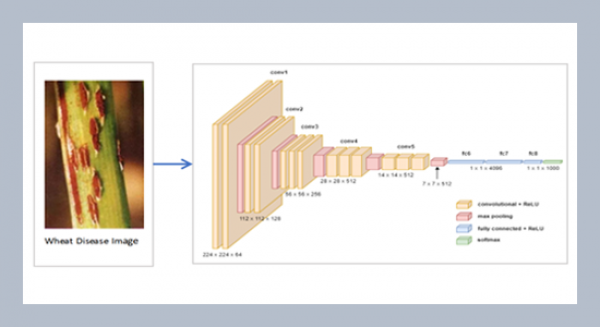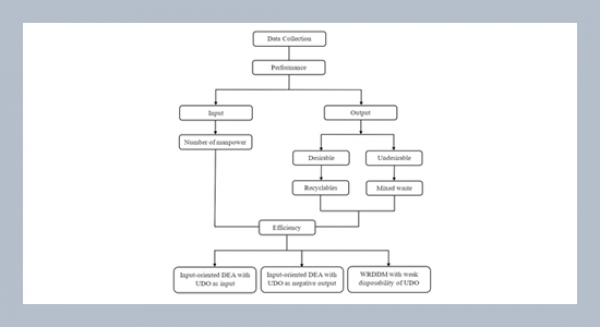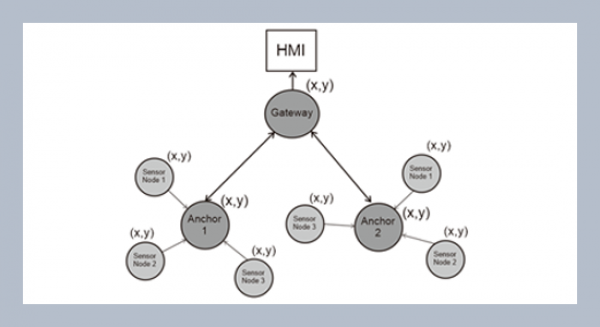REFERENCES
- [1] Bodin, D., Chupin, O. and Denneman, E. 2016 Effect of Temperature and Traffic Speed on the Asphalt Moduli for Fatigue Cracking and Pavement Structural Design Considerations 8th RILEM International Conference on Mechanisms of Cracking and Debonding in Pavements, vol, 13, Springer, Dordrecht. [Publisher Site]
- [2] Mandula, J. and Olexa, T. 2017 High temperature impact on fatigue life of asphalt mixture in Slovakia, IOP Conference Series: Materials Science and Engineering, 236, doi:10.1088/1757-899X/236/1/012023. [Publisher Site]
- [3] Steiner, D., Hofko, B., Dimitrov, M. and Blab, R. 2016. Impact of Loading Rate and Temperature on Tensile Strength of Asphalt Mixtures at Low Temperatures 8th RILEM International Conference on Mechanisms of Cracking and Debonding in Pavements, 13. [Publisher Site]
- [4] Singh, M., Kumar, P. and Anupam, A. K. 2015. Effect of type of aggregate on permanent deformation of bituminous concrete mixes, Road Materials and Pavement Design, doi: 10.1080/14680629.2015.1091374. [Publisher Site]
- [5] Kök, B. V. and Çolak, H. 2011 Laboratory comparison of the crumb-rubber and SBS modified bitumen and hot mix asphalt, Construction and Building Materials, 25: 3204–3212. [Publisher Site]
- [6] Airey, G. D. 2003. Rheological properties of styrene butadiene styrene polymer modified road bitumen, Elsevier, Fuel, 82: 1709–1719. [Publisher Site]
- [7] Garcıa, M. M., Partal, P., Navarro, F. J. and Gallegos, C. 2006. Effect of waste polymer addition on the rheology of modified bitumen, Fuel, 85: 936–943. [Publisher Site]
- [8] Munera, J. and Ossa, E. A. 2014. Polymer Modified Bitumen: Optimization and Selection, Materials and Design. [Publisher Site]
- [9] Keymanesh, M. R., Ziari, H., Damyar, B. and Shahriari, N. 2017. Effect of waste EVA (Ethylene Vinyl Acetate) and Waste CR(Crumb Rubber) on characteristics of Bitumen, Petroleum Science and Technology, doi: 10.1080/10916466.2017.1384840. [Publisher Site]
- [10] Singh, M., Kumar, P. and Maurya, M. R. 2013. Effect of aggregate types on the performance of neat and EVA-modified asphalt mixtures, International Journal of Pavement Engineering, 15, 2: 163-173, doi: 10.1080/10298436.2013.812211. [Publisher Site]
- [11] Apeagyei, A. K., Grenfell, J. R. A. and Airey, G. D. 2015. Influence of aggregate absorption and diffusion properties on moisture damage in asphalt mixtures, Road Materials and Pavement Design, 16, 1: 404-422, doi: 10.1080/14680629.2015.1030827. [Publisher Site]
- [12] Bagampadde, U., Isacsson, U. and Kiggundu, B. 2005. Influence of aggregate chemical and mineralogical composition on stripping in bituminous mixtures, International Journal of Pavement Engineering, 6, 4: 229-239. [Publisher Site]
- [13] Al, S. A. S. 1995. Effect of Aggregate Properties on Asphalt Concrete Mixes, JKAU: Eng. Sci., vol, 7: 93-110. [Publisher Site]
- [14] Singh, D., Zaman, M. and Commuri, S. 2013. Effect of production and sample preparation methods on aggregate shape parameters, International Journal of Pavement Engineering, 14, 2: 154-175. [Publisher Site]
- [15] Huang, B., Chen, X. W., Shu, X., Masad, E. and Mahmoud, E. 2009. Effects of coarse aggregate angularity and asphalt binder on laboratory-measured permanent deformation properties of HMA, International Journal of Pavement Engineering, 10, 1: 19-28. [Publisher Site]
- [16] Golalipour, A., Jamshidi, E., Niazi, Y., Afsharikia, Z. and Khadem, M. 2012. Effect of aggregate gradation on rutting of asphalt pavements. Procedia, Social and Behavioral Sciences, 53: 440–449. [Publisher Site]
- [17] Ahmedzade, P., Tigdemir, M. and Kalyoncuoglu, S. 2007. Laboratory investigation of the properties of asphalt concrete mixture modified with TOP-SBS, Elsevier, Construction and building material, 21: 626-633. [Publisher Site]
- [18] Ahmedzade, P. 2013. The investigation and comparison effects of SBS and SBS with new reactive terpolymer on the rheological properties of bitumen, Elsevier, Construction and building materials, 38: 285-291. [Publisher Site]
- [19] Kumar, K., Singh, A., Maity, K., Srivastava, M., Sahai, M., Singh, R. K. and Garg, M. O. 2016. Rheological studies of performance grade bitumens prepared by blending elastomeric SBS (styrene butadiene styrene) co-polymer in base bitumens, Journal of Industrial and Engineering Chemistry, doi: 10.1016. [Publisher Site]
- [20] Shang, L., Wang, S., Zhang, Y. and Zhang, Y. 2011. Pyrolyzed wax from recycled cross-linked polyethylene as warm mix asphalt (WMA) additive for SBS modified asphalt, Construction and Building Materials, 25: 886–891. [Publisher Site]
- [21] Baha, V. K., Yilmaz, M. and Akpolat, M. 2014. Evaluation of the conventional and rheological properties of SBS + Sasobit modified binder, Elsevier, Construction and building materials, 63: 174-179. [Publisher Site]
- [22] Bheemashankar and Amarnath, M. S. laboratory studies on effect of Zycotherm additive on bituminous concrete mix.
- [23] Ziari, H., Mirzababae, P. and Babagoli, R. 2016. Properties of bituminous mixtures modified with a nano - organosilane additive, Taylor & Francis, Petroleum Science and technology, Vol, 34: 386-393. [Publisher Site]
- [24] Ziari, H., Naghavi, M and Imaninasab, R. 2016. Performance evaluation of rubberised asphalt mixes containing WMA additives, Taylor & Francis, International Journal of pavement engineering, ISSN: 1029-8436. [Publisher Site]
- [25] Harpreet, S., Tanuj, C., Neena, G. and Maninder, S. Effect of Zycotherm Additive on Performance of Neat Bitumen and Bituminous Concrete.
- [26] Mirzababaei, P. 2016. Effect of Zycotherm on moisture susceptibility of Warm mix asphalt mixtures prepared with different aggregate types and gradation, Elsevier, Construction and building material, 116: 403-412. [Publisher Site]
- [27] Ministry of Road Transport and Highway, Specification for Roads and bridge work, 5th revision, Indian Road Congress.
- [28] Standard Test Method for Relative Density (Specific Gravity) and Absorption of Fine Aggregate, ASTM, C128: 15.
- [29] Standard Test Method for Relative Density (Specific Gravity) and Absorption of Coarse Aggregate, ASTM, C127: 15.
- [30] Methods of test for aggregates for concrete part 4, Mechanical properties, IS, 2386: 4.
- [31] Standard Test Method for Resistance to Degradation of Small-Size Coarse Aggregate by Abrasion and Impact in the Los Angeles Machine, ASTM, C131, C131M: 14.
- [32] Standard Test Method for Marshall Stability and Flow of Asphalt Mixtures, ASTM, D6927: 15.
- [33] Standard Test Method for Indirect Tensile (IDT) Strength of Asphalt Mixtures, ASTM, D6931: 17.
- [34] Isacsson, U., Lu, X. 1995. Testing and appraisal of polymer modified road bitumens: state of the art. Mater Struct, 28:139–59. [Publisher Site]
- [35] Behiry, A. E. A. E. 2015. Optimisation of hot mix asphalt performance based on aggregate selection, International Journal of Pavement Engineering. [Publisher Site]
- [36] Kanitpong, K., Charoentham, N. and Likitlersuang, S. 2011. Investigation of effect of gradation and aggregate type to moisture damage of warm mix asphalt modified with Sasobit, International Journal of pavement engineering, Vol, 13, 5: 451-458. [Publisher Site]



